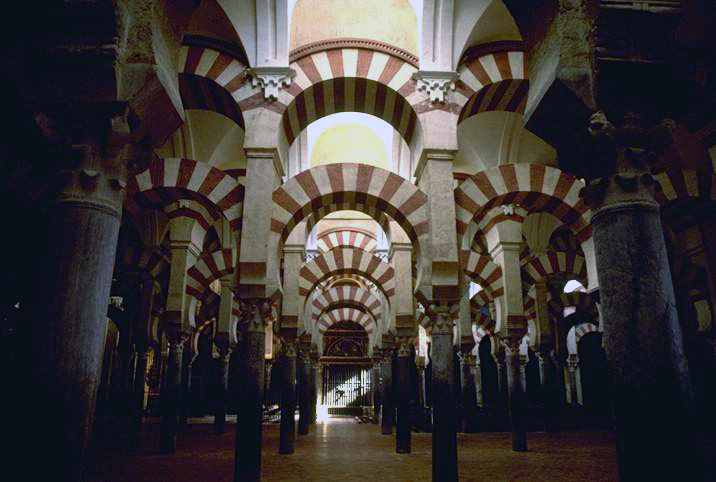Beyond gooey oil and dynamite belts, the Arab world has greatly contributed to the rise of the Occident, starting two millenum ago. Here's an interesting list of such contributions. If, as R3V member, your only contribution to this thread is hatefull, may I suggest you keep out of it. 
ARAB CONTRIBUTIONS TO CIVILIZATION
The years between the seventh and thirteenth centuries mark a period in history when culture and learning flourished in North Africa, Asia, Southern Europe, and the Middle East. When one sets aside the vagaries of politics, intrigue, mistrust, and suspicion which have plagues Man‘s history, one finds that the Arab world continue to spin out the thread of earliest recorded civilization. It enhanced and developed the arts and sciences and preserved the libraries of the early centuries of the Greek, Roman, and Byzantine cultures. Indeed, during the Dark Ages of Europe, much learning was preserved for the world through the Arab libraries in the universities of Morocco (Fez), Mali (Timbuktu) and Egypt (al-Azhar). From this period of Arab influence, new words such as orange, sugar, coffee, sofa, satin, and algebra filtered into the languages of Europe and eventually into our own. New discoveries were made in the sciences and arts which improved the life and condition of Man, and thousands of Arab contributions have become an integral part of human civilization.

ARAB CONTRIBUTIONS TO CIVILIZATION
The years between the seventh and thirteenth centuries mark a period in history when culture and learning flourished in North Africa, Asia, Southern Europe, and the Middle East. When one sets aside the vagaries of politics, intrigue, mistrust, and suspicion which have plagues Man‘s history, one finds that the Arab world continue to spin out the thread of earliest recorded civilization. It enhanced and developed the arts and sciences and preserved the libraries of the early centuries of the Greek, Roman, and Byzantine cultures. Indeed, during the Dark Ages of Europe, much learning was preserved for the world through the Arab libraries in the universities of Morocco (Fez), Mali (Timbuktu) and Egypt (al-Azhar). From this period of Arab influence, new words such as orange, sugar, coffee, sofa, satin, and algebra filtered into the languages of Europe and eventually into our own. New discoveries were made in the sciences and arts which improved the life and condition of Man, and thousands of Arab contributions have become an integral part of human civilization.






Comment